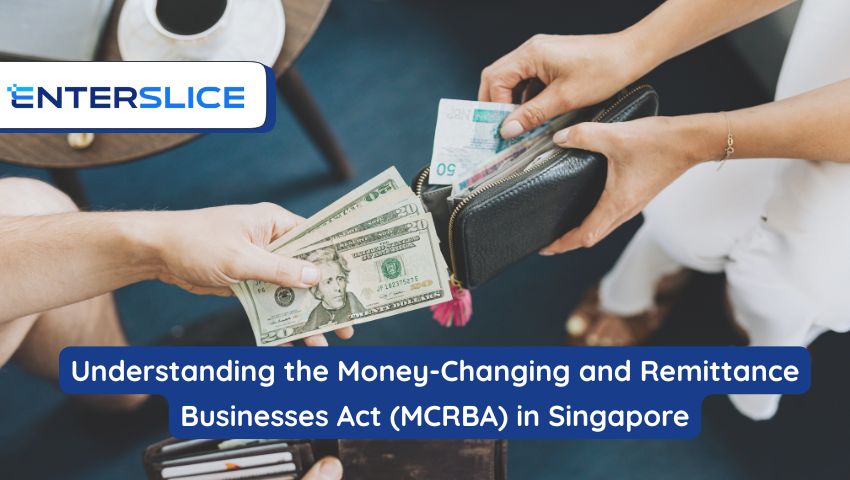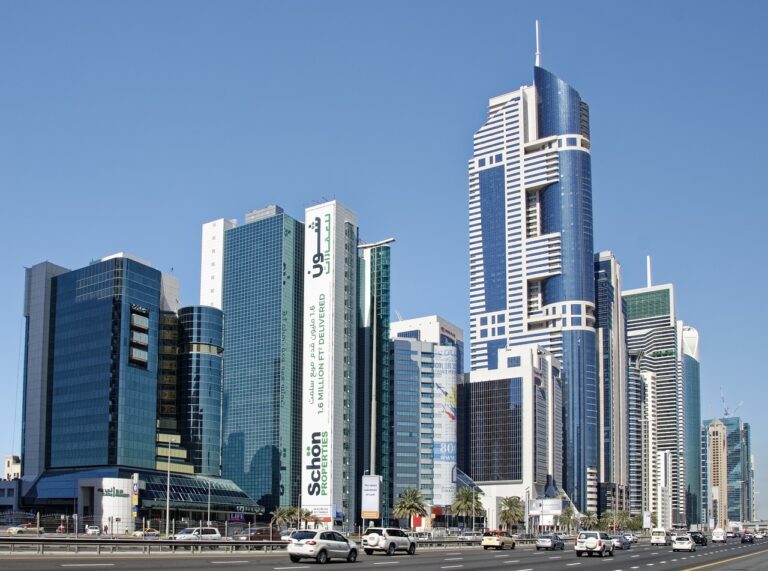
Singapore’s financial sector is internationally recognized for its transparency, integrity, and regulatory excellence. Among the many components that make up the financial services landscape, money-changing and remittance services play a vital role in facilitating cross-border commerce and tourism. To safeguard the financial system and ensure consumer protection, the Monetary Authority of Singapore (MAS) introduced the Money-Changing and Remittance Businesses Act (MCRBA).
This comprehensive legislation governs the licensing, operations, and oversight of entities involved in currency exchange and the transfer of money across borders. For anyone planning to establish a money changer business in Singapore, understanding the MCRBA is essential.
What is the Money-Changing and Remittance Businesses Act (MCRBA)?
The MCRBA was enacted to regulate businesses engaged in money-changing and remittance activities. These services are inherently high-risk due to their potential misuse for money laundering and terrorism financing. The Act empowers MAS to ensure that operators in these sectors implement robust compliance frameworks and adhere to strict licensing and operational standards.
Under the MCRBA, any individual or company intending to carry out money-changing or remittance activities must obtain the appropriate license from MAS. These licenses are not granted automatically and are subject to rigorous vetting and ongoing supervision.
Scope of the MCRBA
The MCRBA applies to two primary business categories:
- Money-Changing Services
These involve the buying or selling of foreign currency notes. Businesses offering such services—commonly found in shopping malls and tourist districts—are subject to regulation under the Act. - Remittance Services
These refer to the transfer of funds on behalf of a customer to an individual or entity in another country. Such services include wire transfers and payment remittance platforms.
Licensing Requirements Under the MCRBA
To operate legally, businesses must apply for either a money changer license in Singapore or a remittance license, depending on the services offered. The application process is overseen by MAS and includes detailed checks into the applicant’s background, compliance measures, and financial standing.
Eligibility Criteria for Money Changer License in Singapore
Applicants must meet several conditions, including:
- Fit and Proper Test: The applicant, as well as key personnel, must demonstrate integrity, competence, and financial soundness.
- Business Premises: A secure and suitable business location must be established.
- AML/CFT Framework: The company must implement effective anti-money laundering (AML) and counter-financing of terrorism (CFT) policies.
- Capital Requirements: A minimum paid-up capital is required, depending on the scope of operations.
- Internal Controls: Systems must be in place to monitor and report suspicious transactions.
Failure to meet any of these requirements may result in the rejection of the license application.
Ongoing Compliance Obligations
Once a license is granted, the operator must adhere to stringent regulatory requirements under the MCRBA and related MAS Notices. These include:
- Customer Due Diligence (CDD)
Money changers and remittance agents must verify customer identity, monitor transactions, and maintain updated records to mitigate financial crime risks. - Suspicious Transaction Reporting
Businesses must report any suspicious activities to the Suspicious Transaction Reporting Office (STRO) under the Commercial Affairs Department. - Record Keeping
All transaction and customer records must be retained for at least five years. This supports regulatory investigations and audits. - Periodic Returns and Audit Reports
Licensed entities are required to submit regular reports and may be subject to independent audits to verify compliance. - Fit and Proper Conduct
Licensees must ensure that their directors, officers, and significant shareholders remain fit and proper throughout the business’s operation.
Failure to comply with these obligations may result in enforcement actions, including fines, suspension, or revocation of the license.
Transition to the Payment Services Act (PSA)
It is important to note that the MCRBA has been largely integrated into the Payment Services Act 2019 (PSA), which took effect in January 2020. The PSA consolidates the regulation of payment service providers, including those offering money-changing and remittance services.
Under the PSA, authorities have merged the money-changing and remittance license categories into Standard Payment Institution and Major Payment Institution licenses, based on transaction volumes. However, they continue to regulate businesses that solely similarly provide money-changing services under the PSA, which replaces the original framework of the MCRBA.
Despite the legislative transition, understanding the MCRBA remains important as it provides historical context and foundational principles still applied in regulatory assessments.
Also Read: Guide to Company Registration in Singapore for Foreigners
Benefits of a Licensed Money Changer Business in Singapore
- Credibility and Trust
A licensed business builds credibility with both customers and financial institutions, enhancing market reputation. - Operational Security
Compliance with MAS regulations ensures that operations are secure, minimizing the risk of fraud and financial crime. - Business Continuity
A properly structured and compliant business is more resilient to regulatory changes and market disruptions. - Market Access
Being licensed allows the business to partner with banks, payment platforms, and overseas partners, expanding its service offerings.
Common Challenges in Setting Up a Money Changer Business in Singapore
Despite its advantages, establishing a money changer business in Singapore involves several challenges:
- Stringent Licensing Criteria: Meeting MAS requirements demands significant documentation and preparation.
- High Compliance Costs: Implementing AML/CFT systems and staff training can be resource-intensive.
- Limited License Availability: MAS issues a limited number of licenses, particularly in saturated areas.
- Regulatory Scrutiny: Regular audits and reporting obligations require constant attention to compliance.
Engaging a corporate service provider experienced in regulatory licensing can help navigate these complexities effectively.
Conclusion
The Money-Changing and Remittance Businesses Act (MCRBA) serves as the regulatory backbone for one of the most sensitive sectors in Singapore’s financial ecosystem. Whether you are planning to start a money changer business in Singapore or expand existing operations, understanding the MCRBA—and its transition to the Payment Services Act—is critical.
Obtaining a money changer license in Singapore is not merely an administrative process. It is a commitment to operating a transparent, secure, and compliant financial service. For entrepreneurs and firms aiming to thrive in this space, staying informed and proactive about regulatory obligations is the key to long-term success.
Frequently Asked Questions
1. Do I need a license to start a money changer business in Singapore?
Yes. You must obtain a money changer license from the Monetary Authority of Singapore before you can legally provide currency exchange services. Operating without a license is a criminal offense.
2. How long does it take to obtain a money changer license in Singapore?
The process can take between three to six months, depending on the completeness of your application, the due diligence process, and MAS’s assessment of your business plan and compliance frameworks.
3. Can foreigners apply for a money changer license in Singapore?
Yes, foreigners can apply, but the business must have a locally registered entity and at least one local director or authorized representative who is a Singapore citizen or permanent resident.







